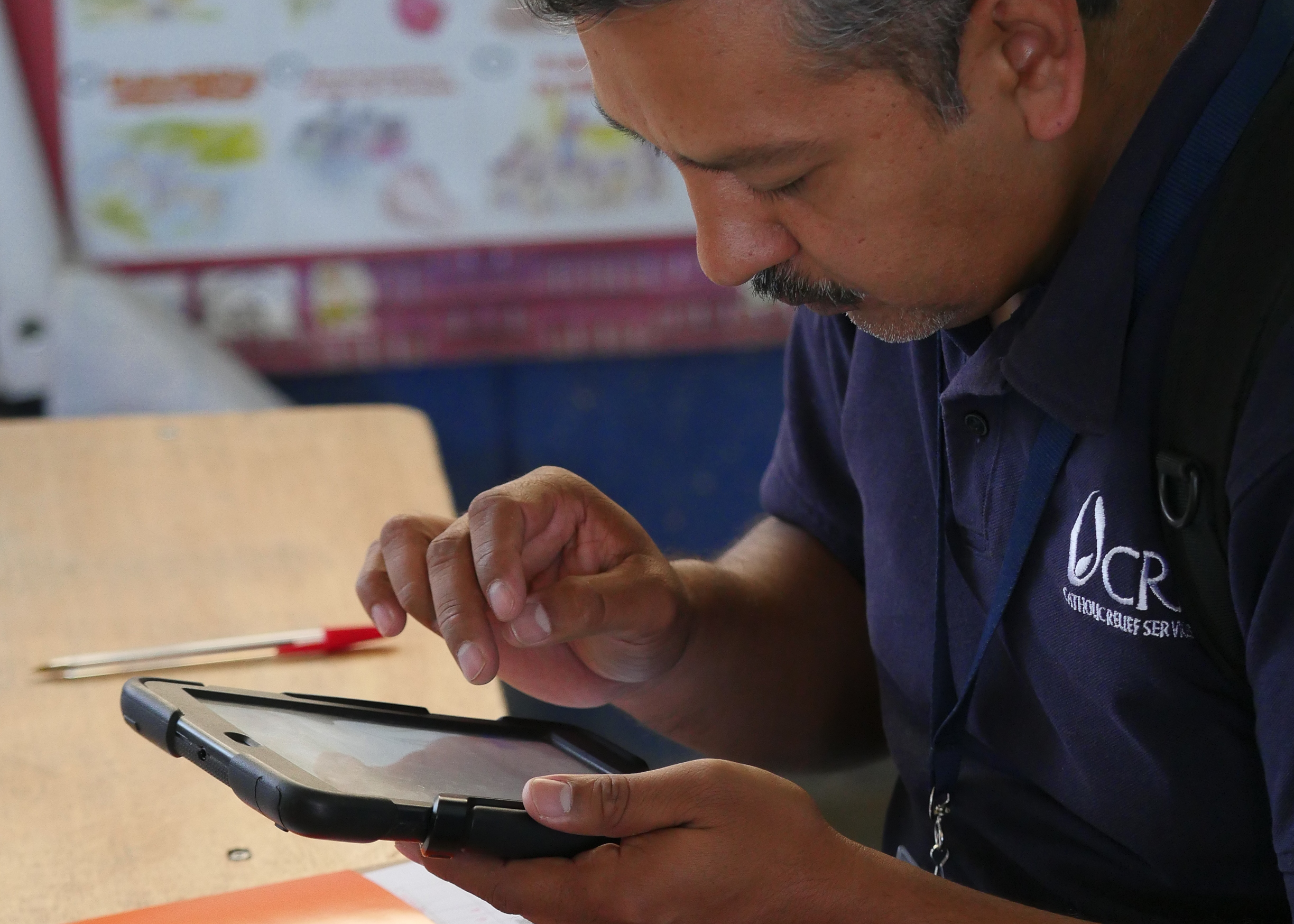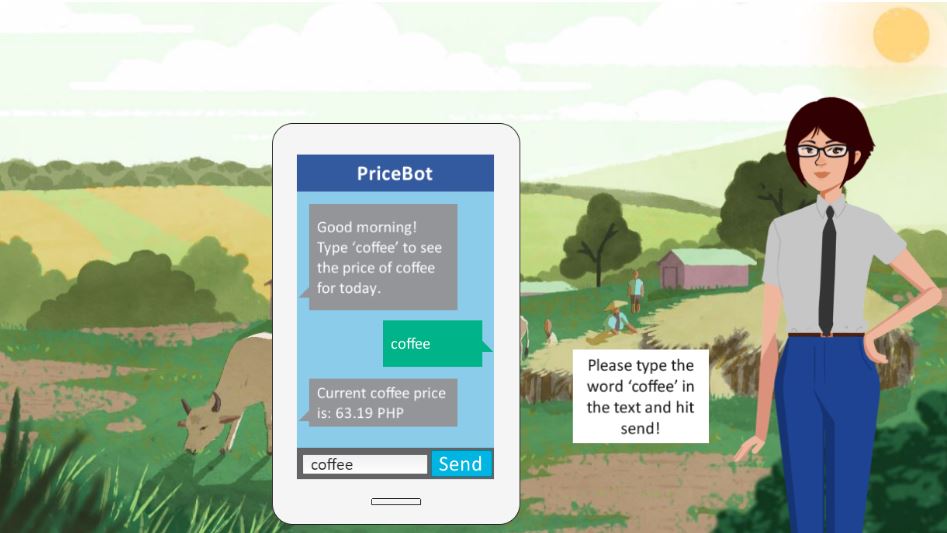From high-tech firms in Silicon Valley to established charities in Geneva, global businesses and nonprofits are struggling to build internal technical skills required to reach organizational goals. But instead of hiring or contracting specialists or turning to external professional development, global organizations are turning to online learning for help.
For example, Airbnb has been struggling to find and hire enough data scientists to meet market demand, and discovered that existing online programs like Coursera and Udacity weren’t sufficiently tailored to their internal data and tools. In response, Airbnb created their own Data University with courses of three levels of instruction not only for engineers, but also non-technical employees who want to take on larger roles as project managers. According to TechCrunch, since launching the program in Q3 2016, Airbnb has seen the weekly active users of its internal rise from 30 to 45 percent with a total of 500 employees taking at least one class.
Similar advances are happening in international development, particularly regarding Information Communication and Technology for Development (ICT4D), where the benefits of technology are real and measurable in impact. Catholic Relief Services (CRS) approach to ICT4D-enabled projects has resulted in a 75% decrease in time needed to conduct emergency assessments, 53% fewer errors in data collection, and a more standardized process for monitoring and evaluation.
But scaling ICT4D solutions requires technical training as well as the availability of tools, which is why TechChange partnered with CRS to design and create an internal course on “Integrating ICT4D Into Projects.” The goal was to better prepare staff to use ICT4D to scale ICT4D usage in programs to improve accountability and responsiveness. This included simulations, case studies and interactions. According to Dr. Kathryn Clifton, an ICT4D Knowledge Management & Communication Specialist at CRS:
“Programs employ staff with varying levels of familiarity with technology. For some, involvement in our programs may be the first time they have used a smart phone on a repetitive basis. There is a mindset that needs to accompany the use of technology so that staff understand why it is important and why we are using it. The mindset needs to go beyond having a neat gadget. An introductory training is important to generate clarity in messaging, purpose, and familiarity with technology so that programs can generate a sustained momentum and level playing field around the use of technology. Without it programs can get off to a wobbly start leaving many wanting to go back to paper.”
By offering this course online, we’re also hoping to not only provide a scalable model for pushing information and training to a global CRS staff, but also to help provide data about how staff and partners learn best online across a global organization.
After all, when introducing Data University in a Medium Post, Jeff Feng stated: “Data [is] the voice of our users at scale. Thus, data science plays the role of an interpreter — we use data and statistics to understand our users and translate it to a voice that people or machines can understand.”





